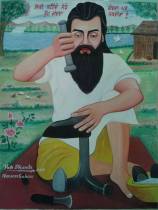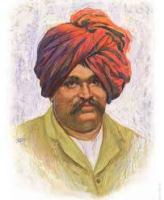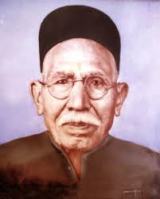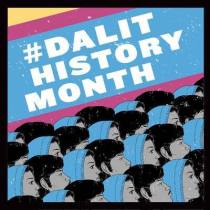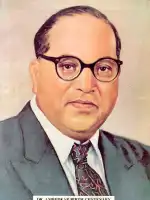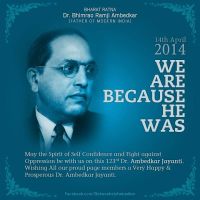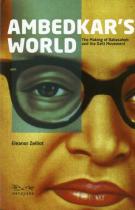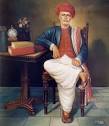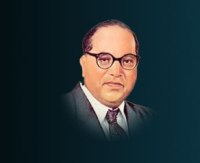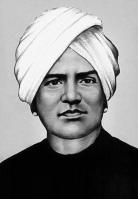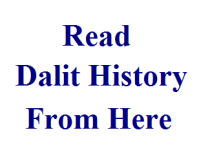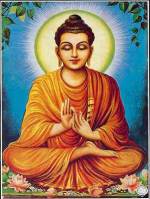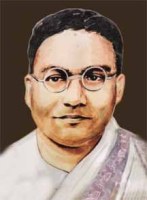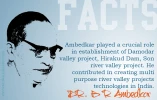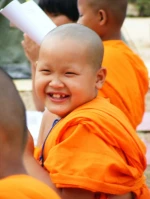Q 1: What is reservation?
The word reservation is a misnomer. The appropriate word for it used in the Indian Constitution is Representation. It is not given to anyone in his individual capacity. It is given to individual as a representative of the underprivileged community. The beneficiaries of reservations are in turn expected to help their communities to come up.
Q 2: Why reservation?
The policy of reservations is being used as a strategy to overcome discrimination and act as a compensatory exercise. A large section of the society was historically denied right to property, education, business and civil rights because of the practice of untouchability. In order to compensate for the historical denial and have safeguards against discrimination, we have the reservation policy.
Q 3: Were Reservations incorporated by the founding fathers of the constitution only for first 10 years?
Only the political reservations (seats reserved in Loksabha, Vidhansabha, etc) were to be reserved for 10 years and the policy review was to be made after that. That is why after every 10 years the parliament extends political reservations.
The 10 year limit for reservations is not true for the reservations in education and employment. The reservations in educational institutions and in employment are never given extension as it is given for the political reservations.
Q 4: Why give reservations on basis of caste?
To answer this question we must first understand why the need for the reservations has arisen. The cause for the various types of disabilities that the underprivileged castes in India face / have faced, is the systemic historical subjugation of a massive magnitude based on caste system having a religious sanction. Therefore if the caste system was the prime cause of all the disabilities, injustice and inequalities that the Dalit-Bahujans suffered, then to overcome these disabilities the solution has to be designed on basis of caste only.
Q 5: Why not on basis of economic criterion?
Reservations should never be based on economic status for various reasons as follows:
1. The poverty prevailing among the Dalit-Bahujans has its genesis in the social-religious deprivations based on caste system. Therefore poverty is an effect and caste system a cause. The solution should strike at the cause and not the effect
2. An individual’s Economic status can change. Low income may be taken to mean poverty. But the purchasing value of money, in India, depends upon caste. For example a Dalit can not buy a cup of tea even in some places.
3. Practical difficulties in proving economic status of individual to the state machinery are many. The weak may suffer.
4. In caste ridden India infested with rampant corruption, even for an unchangeable status like caste, the false “Caste Certificate” can be purchased. How much easier will it be to purchase a false “Income Certificate”? So income based reservation is impractical. It is no use arguing when both certificates can be bought, why caste only should form basis of reservation. It is certainly more difficult to buy a false caste certificate than a false income certificate.
5. Reservation is not an end in itself. It is a means to an end. The main aim is to achieve the active participation and sharing by the “socially excluded” humanity in all the fields of the affairs of the society. It is not panacea for all ills, neither it is permanent. It would be a temporary measure till such time the matrimonial advertisements in newspaper columns continue to contain the mention of caste.
Q 6: Should there be a creamy layer criterion or not?
The demand from anti-reservationists for introduction of creamy layer is ploy to scuttle the whole effectiveness of reservations. Even now out of all seats meant for SC/STs in IITs , 25-40 % seats remain vacant because it seems IITs do not find suitable candidates. Just imagine what would happen if by applying creamy layer criterion the SC/ST middle class, lower middle class people who are in position to take decent education are excluded from reservations benefit ! Will the poor among SC/STs be able to compete with these ‘privileged ‘students’ trained under Ramaiah and at various IIT-JEE training centers at Kota ?
Of course Not.
This will lead to 100 % seats in IITs for SC/STs going vacant.
Q 7: How long should the reservations continue?
The answer to this question lies with the anti-reservationists. It depends on how sincerely and effectively the policy makers which constitute “privileged castes” people in executive, judiciary and legislature, implement the reservations policy.
Is it just on part of “privileged castes” people who have enjoyed undeclared exclusive reservations for past 3000 years and continue to enjoy the same even in 21st century in all religious institutions and places of worship, to ask for the timelines for reservations policy?
Why do not they ask, how long the exclusive reservations for particular community in the religious institutions and places of worship are going to continue?
The people who have acquired disabilities due to inhuman subjugation for 3000 years will need substantial time to come over those disabilities. 50 years of affirmative action is nothing as compared to 3000 years of subjugation.
Q 8: Will not the reservations based on castes lead to divisions in the society?
There are apprehensions that reservations will lead to the divisions in the society. These apprehensions are totally irrational. The society is already divided into different castes. On the contrary reservations will help in annihilating the caste system. There are around 5000 castes among the SC/ST and OBCs. By grouping these various castes under 3 broad categories of SC, ST and OBC, the differences among 5000 separate castes can be abridged. This is a best way of annihilation of castes. Therefore rather than making rhetoric about reservations leading to divisions in the society the anti-reservationists should make honest and sincere efforts to annihilate castes. Have these people made any efforts towards this direction? In most of the cases the answer is NO. The people making these anti-reservations rhetoric, all this time have been enjoying all the privileges that the Indian caste system offers to the “Privileged Castes”. As long as they enjoy the privileges of the caste system they do not have any qualms regarding it. But when it comes to making castes as basis for achieving social equality by providing representations these same people make noises. These are the double standards of highest order practiced by the ‘privileged’ people.
Q 9: Will not reservations affect the Merit?
As regards to how Merit is defined in a very narrow sense and what it actually means, following is the quote from an article by Prof Rahul Barman of IIT Kanpur.
Reservations of more than 60 % have existed in the 4 states of southern India and around 40 % in Maharashtra since last 50 years. On other hand in the north Indian states the 15 % ‘privileged castes’ have been enjoying 77 % of the seats in educational institutions and in employment (assuming that 23 % reservations for SC/STs are totally filled, which is not the case). The World Bank study has found that all the 4 south Indian states are much ahead of north Indian states in terms of their human development index. It is a common knowledge that all the southern states and Maharashtra are much ahead in fields of education, health, industrial development, in implementing poverty alleviation schemes, etc. than the north Indian states. This shows that reservations have indeed helped the southern Indian states in making progress on various fronts. Whereas lack of adequate reservations is responsible for the lack of development in most of the north Indian states.
Q 10: Have existing reservations for SC/STs been effective or not?
The reservation policy in the public sector has benefited a lot of people. The Central government alone has 14 lakh employees. The proportion of Scheduled castes in class III and IV is well above the quota of 16 per cent and in class I and II, the proportion is around 8–12 per cent. So, the middle and the lower middle class that we see today from the Dalit community is because of reservation.




















